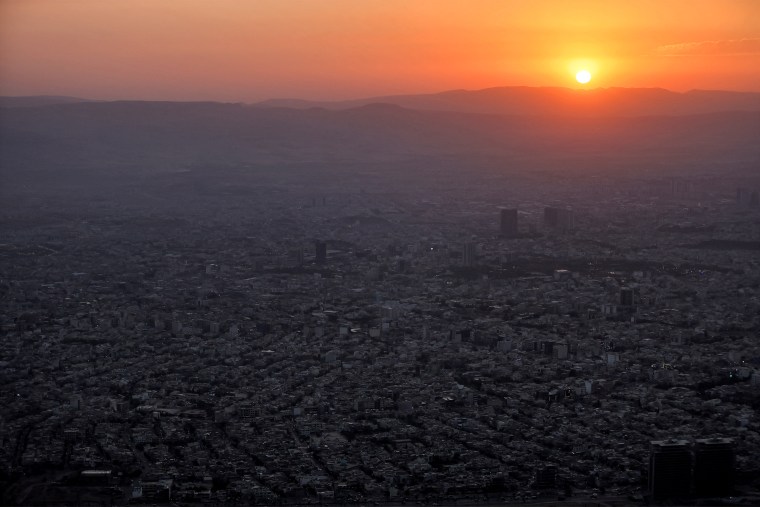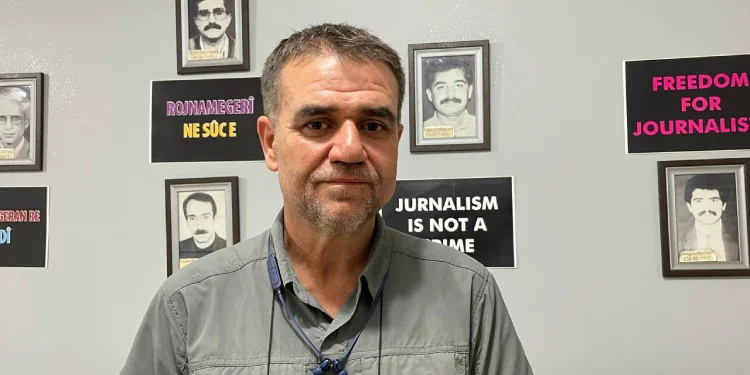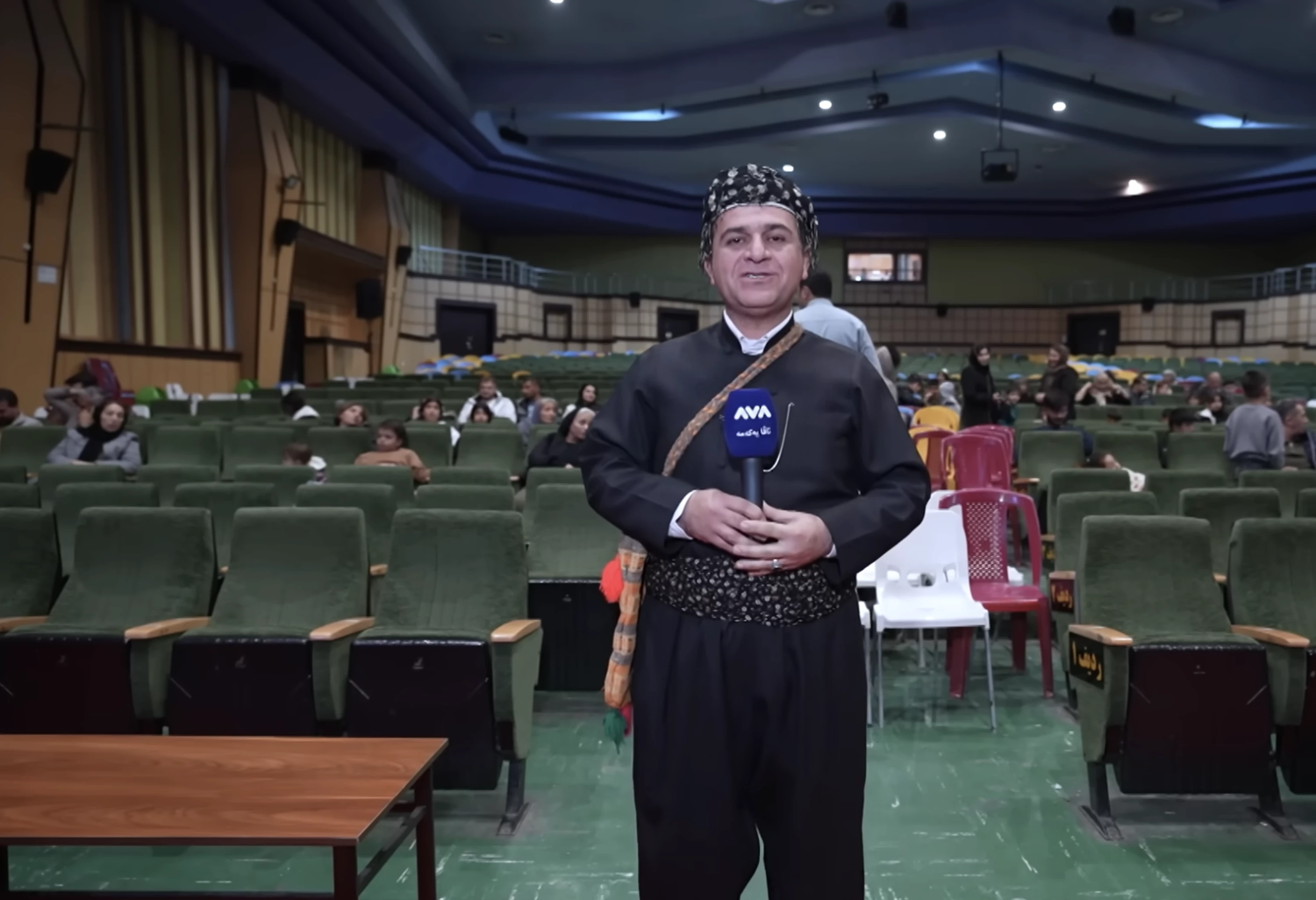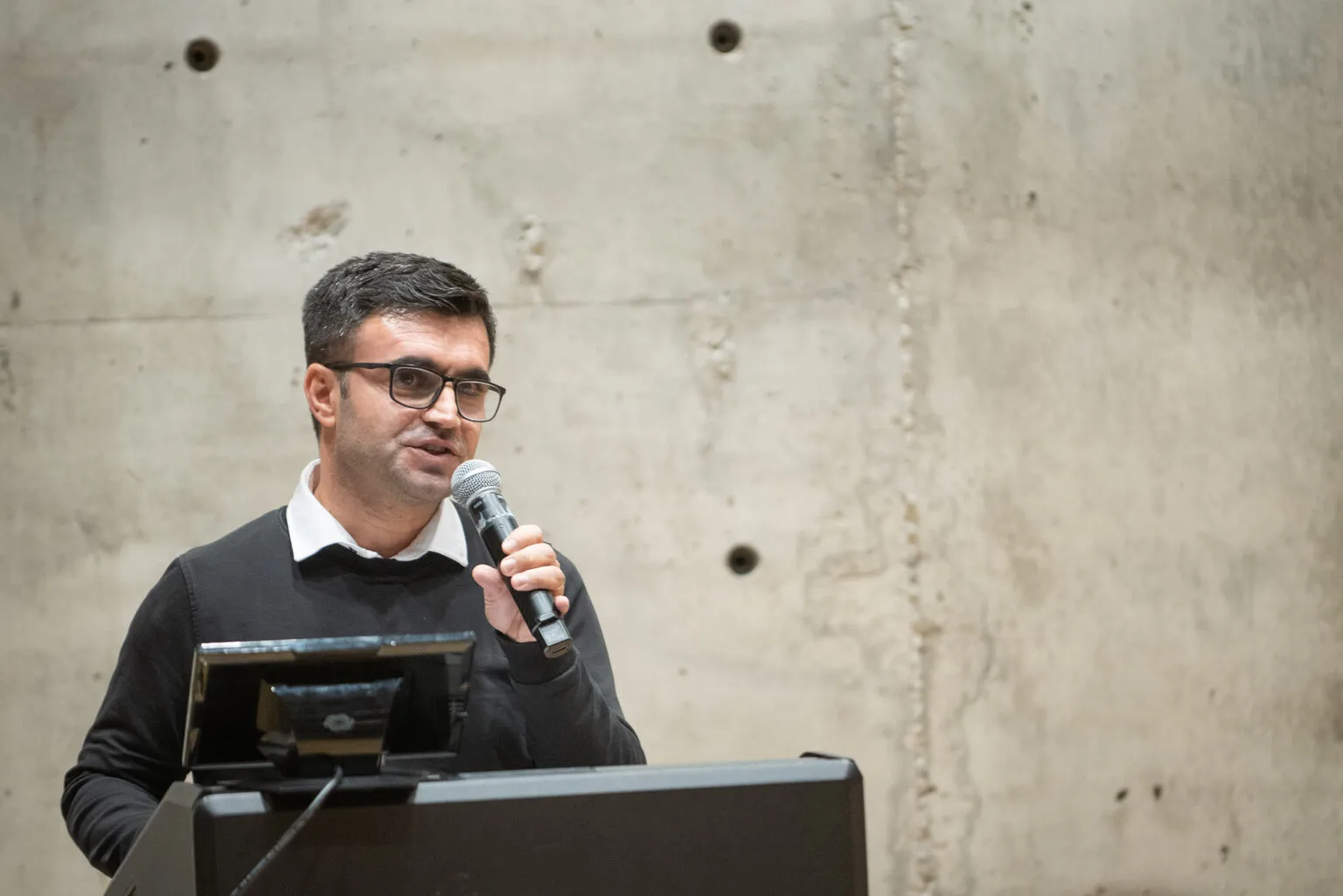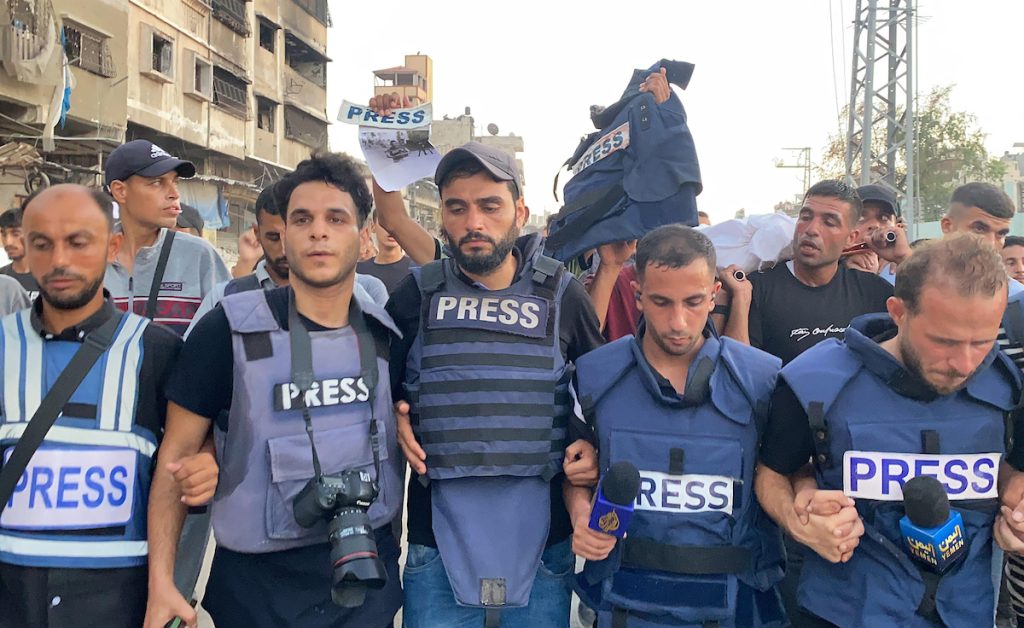
Global Call for Justice for Palestinian Journalists in Gaza
March 2, 2025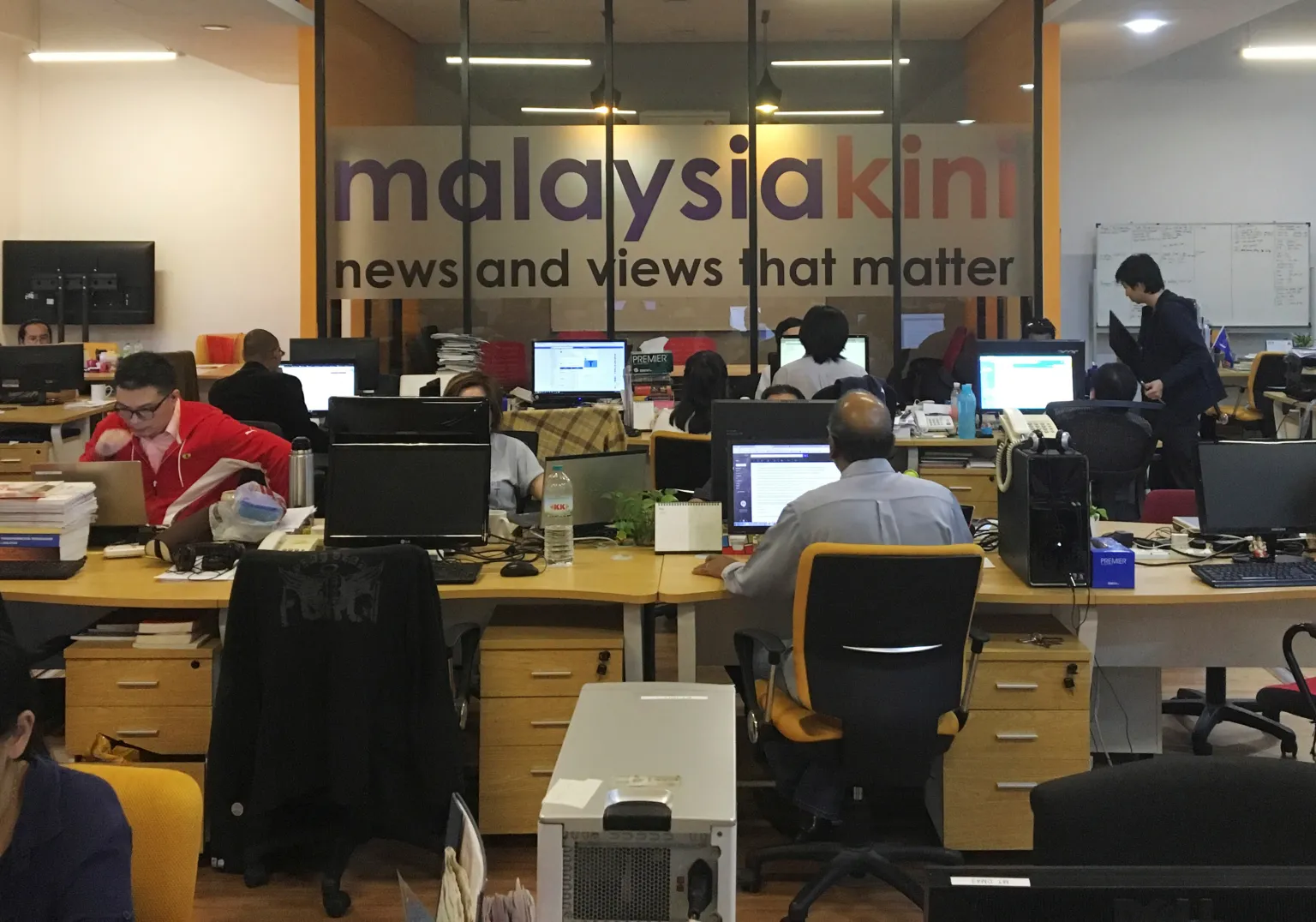
Malaysian Investigative Journalist Arrested Amid Bribery Allegations Following Migrant Trafficking Exposé
March 3, 2025March 03, 2025 – Kurdish/Iraq –
Iraq’s Kurdistan Region witnessed a troubling crackdown on independent journalism with the forced closure of the digital news outlet Media21 and the arrest of four of its journalists. On February 28, Bashdar Bazyani, Dana Salih, Sardasht HamaSalih, and Nabaz Shekhani were taken from their homes in Sulaymaniyah. Their phones were seized, and the Media21 office was shut down by authorities, citing the outlet’s operation without a license. While three of the journalists were released on bail just days later, Bazyani remains in custody, fueling concerns over the motivations behind the detentions.
This action forms part of a broader pattern of repression targeting journalists in Iraqi Kurdistan, a region long struggling with press freedom challenges. Among those affected is veteran investigative journalist Sherwan Sherwani, imprisoned since October 2020 on charges linked to his reporting on corruption and human rights abuses. Sherwani, eligible for release on March 9, remains behind bars withouta clear explanation, highlighting ongoing political pressure on media practitioners.
International rights groups have strongly condemned these developments. Reporters Without Borders (RSF) has called on the Kurdistan Regional Government to immediately release the detained journalists and halt the harassment of media professionals. RSF emphasizes that these tactics—raids, arrests, and office closures—are part of a systematic effort to silence independent voices and restrict the public’s access to critical information.
The crackdown on Media21 and the detention of its journalists underline the fragile state of press freedom in Iraqi Kurdistan. Journalists face significant risks simply for carrying out investigative work that holds authorities accountable. The situation not only threatens the journalists involved but also undermines broader democratic principles and the right of citizens to receive transparent, uncensored news.
As calls grow louder for the release of the imprisoned reporters and restoration of media operations, the international community watches closely. The events signal a worrying trend of shrinking space for free expression in a region vital to the stability and future of Iraq.
Reference –

